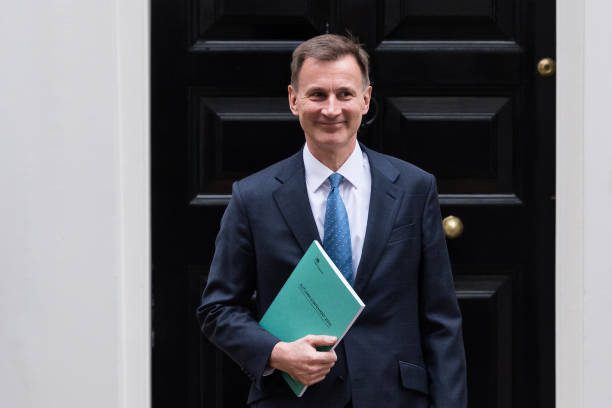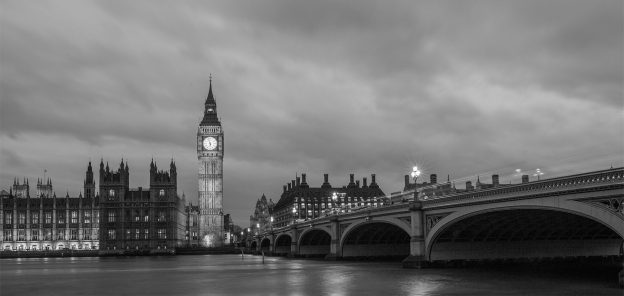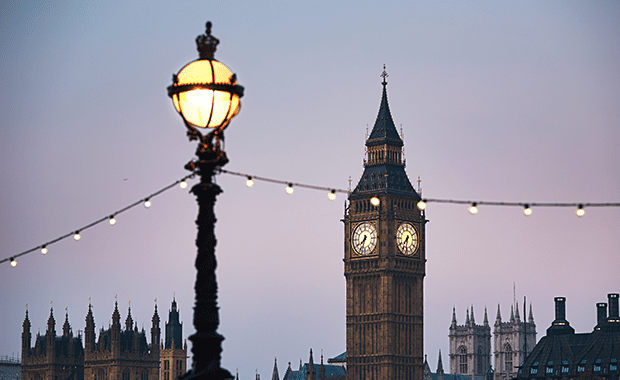After the polarising figures of Truss, Johnson and most recently Braverman, Sunak is using his latest reshuffle to resist the Conservative Party’s attempt to shift to the right. By bringing more centrist political figures into the fold, he looks to prepare his government to fight Labour over the centre ground at the next election. And it’s all encapsulated in the appointment of one man…
The eventual sacking of Home Secretary Suella Braverman today has finally given Sunak the political space to undertake the long-awaited Cabinet reshuffle which sees him shed some of the legacy Cabinet members inherited from the Liz Truss cabinet like Therese Coffey and bring in more centrist political figures and Sunak allies into senior government jobs. Even if it has come perhaps a month sooner than Sunak might have wanted.
One of the clearest articulations of this, is the appointment of David Cameron. The former Prime Minister from 2010 to 2016 replaces James Cleverly (who moves to Home Secretary) as Foreign Secretary, despite being out of (frontline) politics for seven years. The move makes a lot of sense from a policy perspective. Bringing back an electorally popular PM, and experienced on the world stage, Sunak will hope Cameron plays a key and senior role in managing the tense situation in Israel-Gaza. However, domestically his appointment – together with the promotion of several special advisers and former ministers who worked during the Cameron and May governments, like Laura Trott and Richard Holden – is signalling to the country that the Party is, if not just presentationally, moving back to the centre ground.
If the Conservatives are staring down the barrel of huge electoral defeat at the next election, it makes sense to shift to a strategy of shoring up the base and minimise damage, from a pragmatic perspective. This means focusing on the Blue Wall seats and those who voted Conservative before Brexit will be amongst those most skittish at the next election, and most at risk of offering their vote to the Lib Dems or Labour. They may have voted for Johnson because there was no alternative, saw the chaos of Liz Truss, and are now perhaps uncomfortable with the direction and tone of the Party led from the likes of Braverman. That is of course not to say that there won’t still be a strong policy approach on home affairs like immigration, but presentationally, the approach from Cleverly will be far more palatable to No.10 than what we have seen from Braverman.
Therefore, seeing the likes of Cameron return will give them a feeling that the Party is back to the one they know. This is not without risk, given his close association with Brexit amongst many middle of the road and remainer voters, but it must be said that Brexit has crashed out of the top issues for voters.
This puts Sunak back in the position to appeal to the electoral centre ground that has been increasingly under attack by Labour in recent months, and will make the Autumn Statement all the more important, as he will want to demonstrate that this is a team ready for the long-term. Even if it is a rather damning indictment on the quality in the parliamentary party, not on least many 2019-ers, who will largely feel overlooked if they don’t sit in this wing of the party.
However, with Cameron and Hunt in Great Offices of State, and ministerial ranks filled with coalition era ministers and former SpAds, it will certainly make Rishi’s approach as the ‘change candidate’ against Keir Starmer all the more difficult. Instead, it feels like Sunak is perhaps going to lean more into the ‘better the devil you know’ message, despite continuing to talk about fresh ideas for the long term.
Perhaps this latest Rishi Reset is the one to shift the dial? Or perhaps, more likely, it is the sign of a government that has run out of road and ideas.



